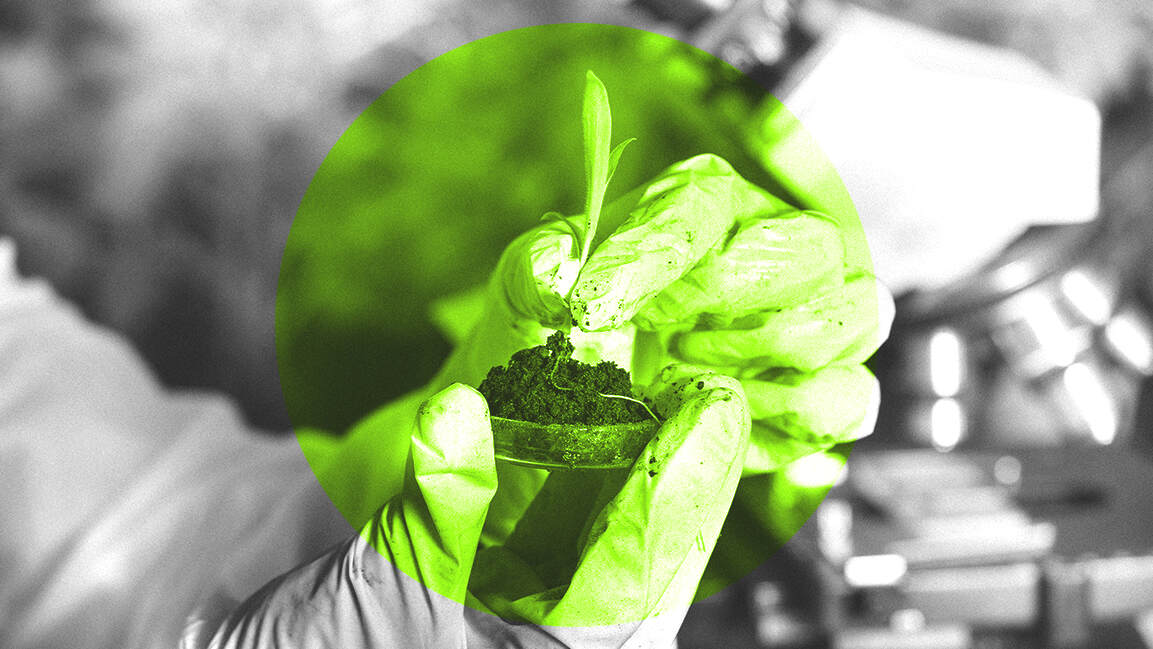- | 12:00 pm
New study finds microbial life in arid soils could transform sustainable agriculture in the UAE
The study also supports integrating traditional practices—such as crop rotation and reduced tillage

A recent study led by researchers at the American University of Sharjah (AUS), in collaboration with international institutions and published in the July 2024 issue of Science, reveals that microbial communities deep in arid soils could play a transformative role in advancing sustainable agriculture in desert climates.
The study, titled Steering Plant–Soil Feedback for Sustainable Agriculture, highlights how biological interactions between plant roots and surrounding microbes—known as plant-soil feedback—can significantly enhance soil fertility and improve crop resilience to extreme weather conditions. The findings open new pathways for agricultural innovation in dry regions such as the UAE.
Dr. John Klironomos, Professor and Associate Dean for Research and Innovation at AUS, said this marks a paradigm shift in how soil is understood, managed, and harnessed for sustainable agriculture, particularly in challenging climatic conditions.
The study emphasizes the critical role of microbial life in supporting plant nutrition and water absorption, noting that strategic management of these interactions can boost agricultural productivity.
AUS is now conducting field trials on crops such as wheat and date palms, using microbial inoculants and biostimulants to increase tolerance to heat and salinity. These efforts are supported by the newly established Sharjah Sustainable Agriculture Research Group, which promotes soil rehabilitation and environmental agriculture in the UAE.
“Microbial life represents an underutilised resource,” said co-author Dr. Junling Zhang of China Agricultural University. When we understand and enhance its mechanisms, we can bring about a major transformation in agriculture, making it more aligned with natural ecosystems.”
The study also advocates integrating traditional practices—such as crop rotation and reduced tillage—guided by scientific understanding to enhance soil biodiversity.
It concludes by emphasizing that soil should not be seen as a passive planting medium, but as a living system essential to food security and climate resilience.































